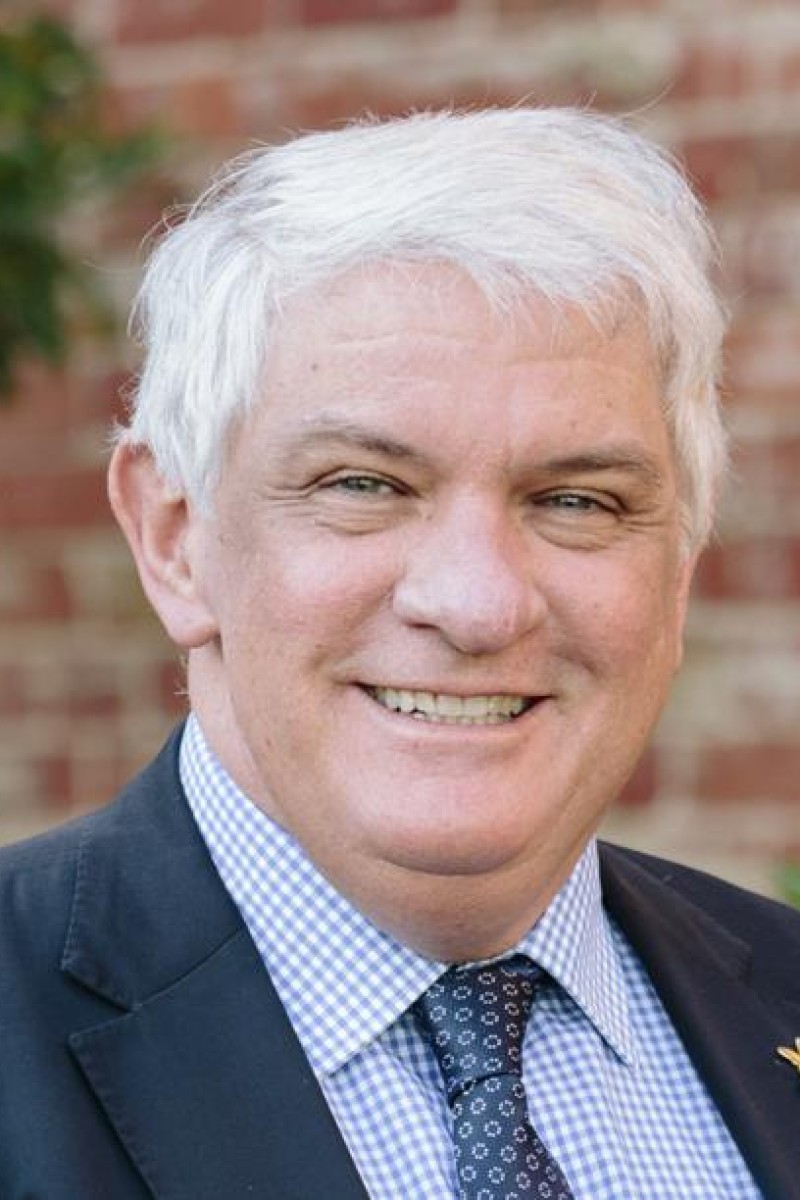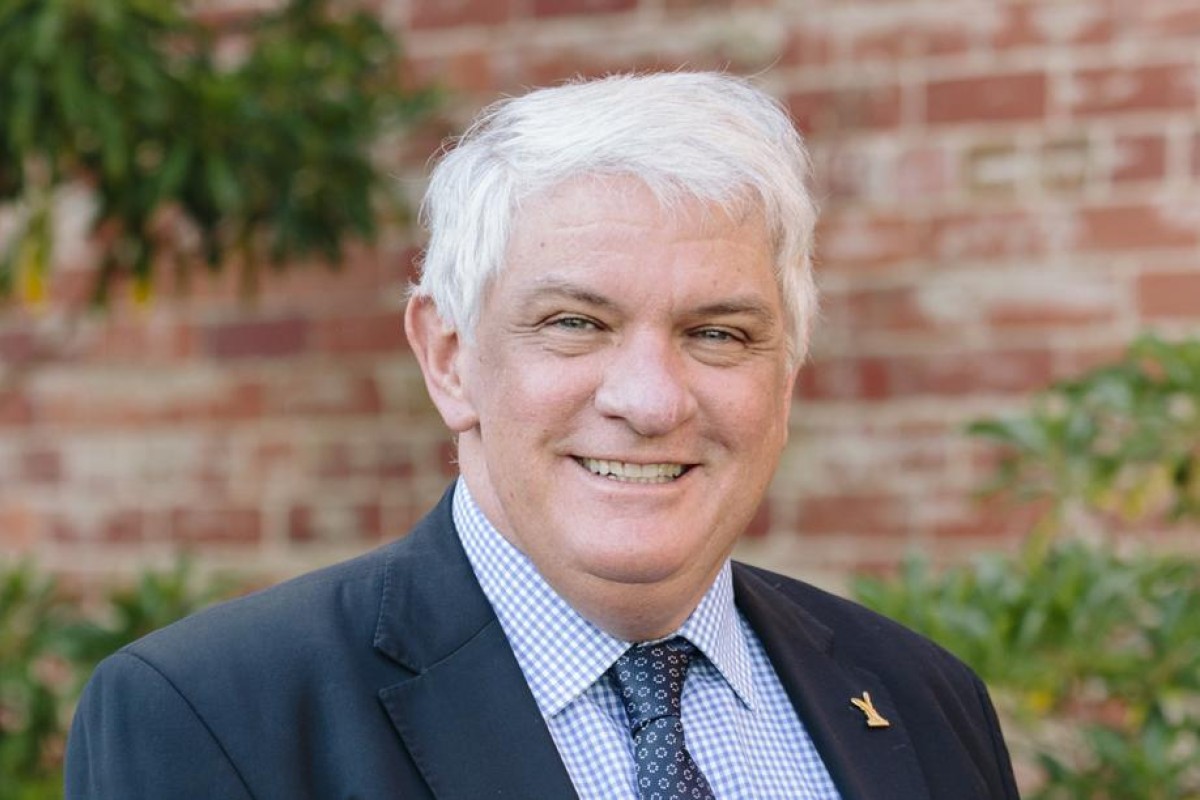
Dr Michael Carr-Gregg tells third culture kids how to deal with feeling rootless
If you move around a lot, you may face challenges that come with being far from your roots; but we've got some advice
 Australian psychologist Dr Michael Carr-Gregg was once an international student too.
Australian psychologist Dr Michael Carr-Gregg was once an international student too.Dr Michael Carr-Gregg, one of Australia’s best-known psychologists, was in Hong Kong recently to speak to teachers at a professional development day and record a podcast on his work with teens.
Young Post caught up with Carr-Gregg after his return to Australia, to quiz him on his impressions of the city’s young people, in particular those studying at an international school, as well as some advice for any third culture kids (TCKs) – those who were raised in a culture other than their parents’.
Perhaps unsurprisingly, Carr-Gregg mentioned how the international school students he met here were incredibly focused on getting high grades and that this seemed, in many cases, to be their sole focus.
A former international pupil himself, he knows high expectations are not a new thing. Carr-Gregg said his parents’, teachers’ and his own expectations of himself were always high.
In his career, however, he has seen the downsides to young people having such a narrowly ambitious mindset. Carr-Gregg expressed concern over the pressure – and lack of support – Hong Kong international students seemed to be under, especially compared to those in his home country.
“It worried me when I compared them to the young people, for example, in Australia, for whom balance ... is the key to good psychological health.”
There are many benefits to being a third culture kid: having a deep understanding of more than one culture, including the food, humour, and traditions; and speaking, or at least understanding, more than one language. But the status also adds hurdles other than the intense academic pressure.
Some TCKs face problems that arise from constantly having to change homes. Having to make new friends in every city or country you move to can be taxing. In particular, when children and teenagers have been moved around many times, to several different countries, they often feel that they lack “psychological roots”.
If you recognise some of these hurdles and are struggling to cope with such challenges, don’t worry: Carr-Gregg has some tips on how to strengthen your emotional well-being.
1. Choose a strong role model
Firstly, choose a role model – an “adult in your life, from whom you can draw strength, and an adult that makes you feel ... safe, valued and listened to”.
Then, learn how to deal with social and emotional events by watching how this adult handles things like “anger management, problem solving, decision-making, conflict-resolution skills”, and how they navigate tricky situations and regulate their emotions.
2. Reframe things in a positive way
While we can’t always change what’s happening to us (or where we live), Carr-Gregg says the key trait that distinguishes us from all other animals is that we can change the way we think about our situation. If you pay attention to your “internal voice”, you might notice it has a lot of opinions: neutral, positive or negative, they all have a place. But if this “mind chatter”is hypercritical and constantly puts you down, it can mess with your emotional well-being.
Carr-Gregg says a powerful way to combat this is to be proactive, and “reframe things in a positive way”. Reframing is a powerful tool which can combat negative thoughts, and help us feel more in control, and as a result, happier. If a thought is overly negative, reframe it as one that’s more helpful. If you think, “another new school, I’ll never make friends,” try reframing it as something like, “another new school, filled with people I don’t know who might turn out to be great friends.”
3. Discover a hobby you love
Finally, Carr-Gregg suggests TCKs find an activity you enjoy and feel you have a talent for. Whether it’s sport, reading, art or music, having a hobby that supports making friends can be incredibly helpful for young people constantly on the move.
Having “a sense of belonging to family, or friends or your school, or some belief system” can give you at least one constant in an otherwise frequently changing landscape, and can provide someone with a stronger sense of security, wherever in the world you end up.